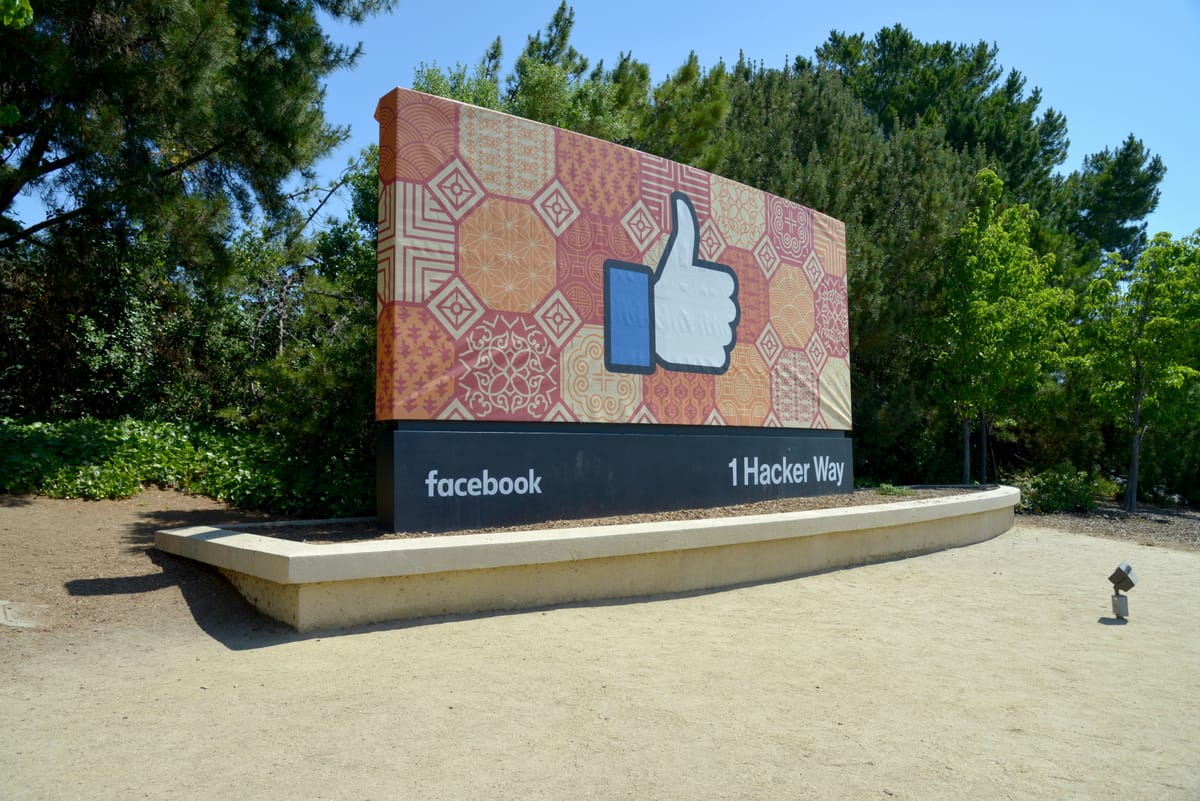Meta just killed its diversity, equity and inclusion program
What employees are saying about the company's embrace of MAGA ideology —and what Meta is telling them not to say

Days after surrendering to the right on speech issues and issuing new guidelines allowing for dehumanizing speech about trans people and racial minorities, Meta said on Friday that it will end its diversity, equity, and inclusion practices.
"The legal and policy landscape surrounding diversity, equity and inclusion efforts in the United States is changing," Janelle Gale, the company's vice president of human resources wrote in an internal memo obtained by Platformer. "The Supreme Court of the United States has recently made decisions signaling a shift in how courts will approach DEI. It reaffirms longstanding principles that discrimination should not be tolerated or promoted on the basis of inherent characteristics. The term 'DEI' has also become charged, in part because it is understood by some as a practice that suggests preferential treatment of some groups over others."
The memo was first reported by Axios.
As a result, the company said it would:
- Eliminate its DEI team. Maxine Williams, the company's chief diversity officer, will take on a new role "focused on accessibility and engagement."
- Ending use of the diverse slate approach to hiring, which required managers to source candidates from underrepresented backgrounds.
- Ending efforts to hire underrepresented minorities as vendors and suppliers.
- "Instead of equity and inclusion programs, we will build programs that focus on how to apply fair and consistent practices that mitigate bias for all, no matter your background." (?????)
Meta started its DEI efforts in the 2010s amid growing scrutiny of the lack of women and minorities in its workforce, and in Silicon Valley workforces in general. Critics pointed out that "merit-based" approaches were often subjective and influenced by biases. DEI efforts were intended to help reverse systemic inequality by identifying candidates from less privileged backgrounds, who may have faced barriers to getting jobs at Meta that others didn't.
For a time, those ideas gained traction within Meta, which sought to build a workforce that at least somewhat reflected the billions of people the company serves. The company doubled the number of women, Black, and Hispanic employees in its US workforce, but true equity proved to be elusive. In 2022, at perhaps the height of the company's DEI initiatives, only 37.1 percent of Meta's workforce were women, 4.9 percent were Black, and 6.7 percent were Hispanic.
Meanwhile, in the aftermath of 2020 racial justice protests, some Republicans began to crusade against DEI, "critical race theory," and affirmative action. Florida, Texas and other states have passed laws banning DEI initiatives in an effort to preserve the existing race and gender hierarchies. A handful of Silicon Valley companies joined in, led by Coinbase, which banned employees from discussing politics near the height of the 2020 George Floyd protests.
This week, as part of CEO Mark Zuckerberg's aggressive courting of President-elect Donald Trump and the Republican Party, Meta joined in.
Gale told employees that the company would continue to "build the best teams with the most talented people." But she immediately added: "This means sourcing people from a range of candidate pools, but never making hiring decisions based on protected characteristics (race, gender, etc.) We will always evaluate people as individuals."





